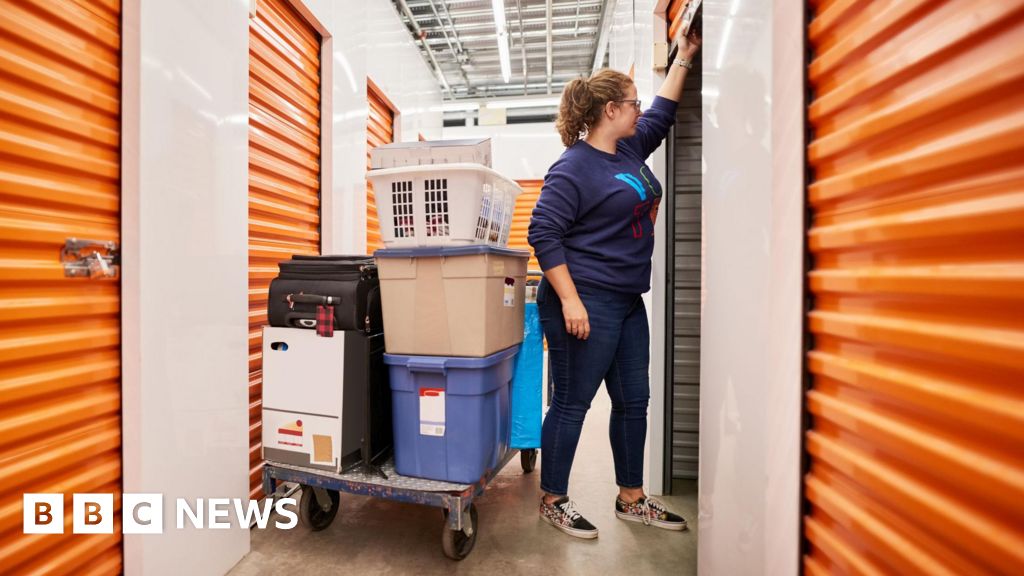The fact that people and businesses are willing to pay for extra storage indicates a lack of adequate space in homes and offices, a consequence of maximizing urban density without giving consideration to living conditions in urban planning.
The article also mentions the “side-hustle” culture, where people use storage units for their secondary businesses. While it’s spun as being empowering, in practice it reflects the precarity of employment under capitalism, where people need multiple jobs to make ends meet.
Finally, conversion of vacant commercial spaces into storage facilities shows how capitalism prioritizes profit over community needs. Instead of repurposing these spaces for affordable housing or community centers, they are used for storage.



I don’t really follow the reasoning of the article of lack of space in people’s homes. I mean, that’s definitely something that is happening to some people in some cities. But the article itself points out that most customers are businesses who prefer to save money by using shared storage space than wasting their high quality office space. The other main customer base seems to companies that don’t need a storefront.
For these cases, self storage seems ideal, no? I think of it the same way as living in the city. You can’t give everyone a spacious house and a garden, but you create efficiencies like public transportation and walkable neighbourhoods.